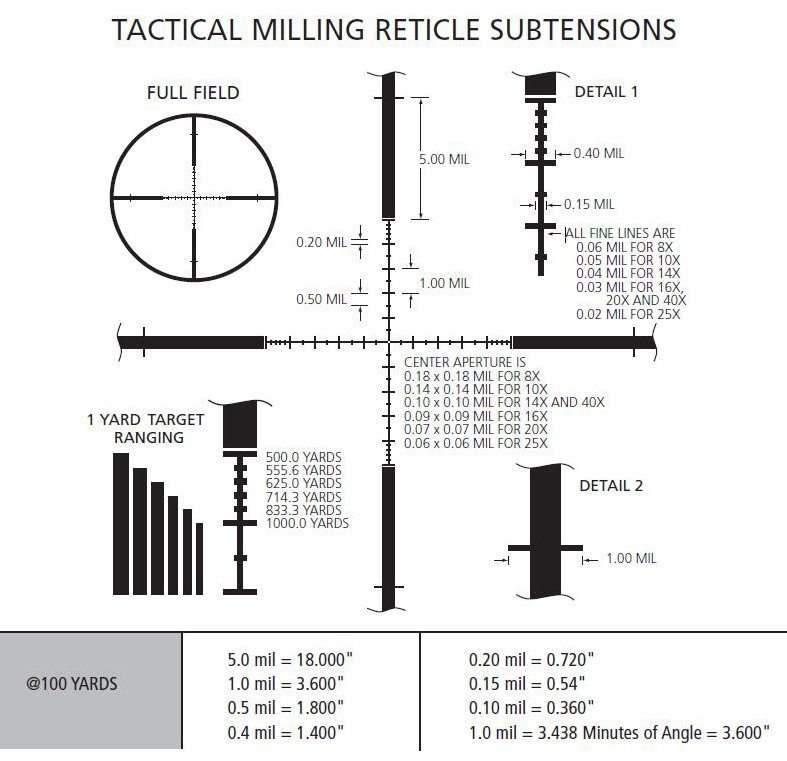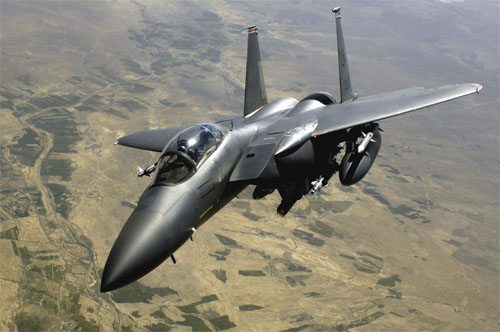MOSCOW. (RIA Novosti military commentator Ilya Kramnik): Analysts are actively debating the possible outcomes of an armed conflict between Georgia and self-proclaimed Abkhazia that seceded from Georgia in 1992.
Without looking into the most pessimistic scenarios envisioning a nuclear conflict between Russia and NATO, let's try and predict the possible outcomes of the Georgian-Abkhazian conflict.
In late 2007, the Georgian Armed Forces had about 33,000 officers and men, including a 22,000-strong army that comprised five brigades and eight detached battalions.
These units had over 200 tanks, including 40 T-55 and 165 T-72 main battle tanks that are currently being overhauled. The Georgian Army also had 180 infantry fighting vehicles and armored personnel carriers, as well as 20 other armored vehicles, 120 artillery pieces with a caliber of 122-152 mm, 40 multiple-launch rocket systems and 180 mortars, including 60 120-mm mortars and 120 mortars with an 82-mm caliber.
Although the Georgian Air Force has 10 to 12 Su-25 Frogfoot ground-attack jets, only 4-5 of them are operational. It also has 15 Czech-made L-29 and L-39 combat trainers that can be converted into light-weight attack planes and 30 helicopters, including 8 Mi-24 Hind helicopter gunships.
The Georgian Navy has 10 motor boats of different types, including two guided-missile boats. One of them is similar to the French-made Le Combatant and carries four Exocet anti-ship missiles. And the Soviet-made Project 206-MR boat has two P-15M missiles.
However, their combat readiness is in doubt.
The Georgian military faces a 10,000-strong Abkhazian Self Defense Force wielding 60 tanks, including 40 T-72s, and 85 artillery pieces and mortars, including several dozen with a 122-152-mm caliber and 116 armored vehicles of different types.
The Abkhazian Army also has numerous anti-tank weapons ranging from RPG-7 rocket launchers to Konkurs-M anti-tank guided missiles (ATGMs).
Additionally, the break-away republic has one or two Su-24 Fencer tactical bombers, one MiG-23 fighter, five combat-ready Su-25 ground-attack jets, 3-4 L-39 combat trainers and 3-4 helicopters. Although some sources allege that Abkhazia has 1-2 Su-27 Flanker fighters, this seems unlikely.
The Abkhazian Navy has over 20 motor boats armed with machine-guns and small-caliber cannons.
The experience of the 1992-1993 Georgian-Abkhazian conflict shows that even small units can resist superior enemy forces in mountainous areas for a long time. Consequently, the outcome of any hypothetical conflict would depend on the aggressors' level of military training and the influence of third parties, primarily Russian units from the Collective CIS Peacekeeping Force.
Analysts have long noted the inadequate combat readiness of Georgia's Armed Forces. Although the United States has trained several crack Georgian units in the last few years, the fighting effectiveness of all other elements is uncertain.
According to American instructors who helped train Georgian units, the country's officer corps is riddled with corruption. There are no trained sergeants, and troop morale is running low. Only about 50% of the military equipment is operational, and coordinated operations in adverse conditions are impossible.
The Abkhazian Armed Forces pack a more devastating punch because they would resist an aggressor that has already tried to deprive the republic of its independence.
Abkhazian units are commanded by officers trained at Russian military schools. Many of them fought in the early 1990s. Analysts agree that the combat-ready Abkhazian Army does not suffer from corruption.
Moscow has recently beefed up the local peace-keeping contingent. Neighboring Caucasian nations, including North Ossetia, are siding with Abkhazia and are ready to square accounts with Georgia.
Chechen volunteers, who had fought in Abkhazia in 1993, could also join a hypothetical conflict and minimize Tbilisi's chances still further.
The Georgian Army would be quickly defeated if Tbilisi tries to settle the conflict by force. The situation could change in case of foreign intervention. For instance, the United States could provide weapons, reconnaissance and other intelligence information to Georgia. New NATO members, such as Poland and the Baltic countries which are close U.S. allies, could even send their units to the conflict zone.
The possible outcome could be succession from Abkhazia of its eastern and southern parts. Although NATO peacekeepers would be stationed there, military involvement is highly unlikely because its unsuccessful outcome would undermine the alliance's reputation. Brussels and Washington realize this, and are in no mood to conduct another protracted counter-insurgency operation.
Behind-the-scenes bargaining and saber-rattling also seem possible. However, a Balkans-style “divorce” is more likely because Georgia does not want to recognize Abkhazian independence, and Abkhazia flatly refuses to consider itself part of Georgia.
Although a de facto “divorce” has already taken place, both Moscow and Washington will have to recognize it de jure after bilateral talks. The Kremlin and the White House should search for troubleshooting options and find the required bargaining chips.
Still it is unpleasant to realize that human destinies, rather than missile sites or oil wells, are at stake.
Hopefully, the Kremlin and the Russian Foreign Ministry will consider the human factor to be more important than even the most attractive missile-defense proposals or lucrative energy contracts.
The opinions expressed in this article are the author's and do not necessarily represent those of RIA Novosti.









